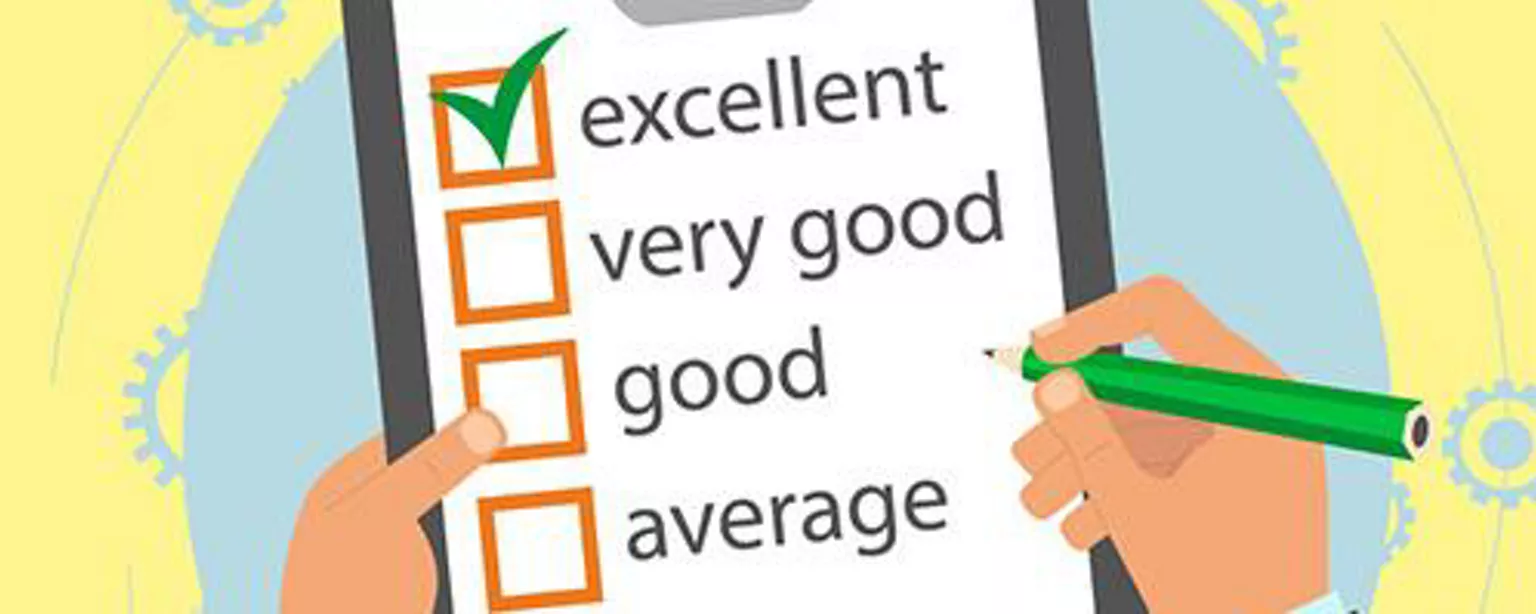You may have invested a lot of time searching for the perfect job, updating your resume and preparing for tough interview questions. But have you focused on managing your list of professional references?
Some hiring managers will wait until they are close to making you an offer before they ask for references, while others will want to check them before your first job interview.
Your references and what they say about you can be a deal breaker in the hiring decision. And while it may seem like a simple matter to take an inventory of your former colleagues and bosses, a closer look reveals there is a lot to consider in developing a solid list of professional references who can speak to your qualifications.
Here are seven rules to follow:
1. Eyeball your list of professional references
Former supervisors and people you've worked with can attest to different aspects of your professional life. Listing an HR manager at a previous job as a reference may not be as effective as listing your team or division head at the same job. Likewise, be careful not to list references who might come off simply as friends.
Although old job references may still be valid, you may be unintentionally sending the message that your more recent work and professional relationships weren’t as good. Try to find a balance that puts your entire relevant work history in a positive light.
Pick people — three or four — who were close enough to you to genuinely know you and your work but had enough authority to relate to your potential employer.
Curious about the administrative roles we place? Here are some of the positions, along with job descriptions, responsibilities, skills, experience and educational requirements.
2. Don’t assume they'll say the right thing
When selecting references, it’s easy to assume that former employers and coworkers are available — and willing — to put in a good word for you and your work. However, unless these potential references have recently expressed interest in being listed, it’s courteous, not to mention critical, to get their permission.
Use this opportunity to get in touch with them, reconnect if it's been awhile, find out if it's OK if you use them as a reference, and have a conversation.
3. Maintain the proper contact information
Remember that people change jobs and move frequently, and it's important to keep track. Using incorrect contact information on your list of job references not only looks lazy but also gives your potential employer one less opportunity to know how great you could be as an employee.
It’s unlikely the hiring manager will go through the effort of finding the correct contact information if you didn't do that in the first place. So while you're having that conversation with your reference, make sure your information is up to date.
4. Match your list to your resume
You took some time to choose fonts, format and words to use in a resume. You should do the same for your professional reference list, matching the resume's fonts and format, with no spelling errors. The list should include complete contact information, including name, job title, employer, business address, email address and phone number.
Add a line or a brief paragraph to each reference that describes your relationship or a project you worked on together that might highlight your skills. You can even italicize it like this:
I worked with this office manager for a year and helped her train the department on a new phone system.
5. Customize the list for each job
Focusing on the specific tasks you would perform or the specialties of the company for which you’re applying may inspire you to switch things up accordingly. For example, certain colleagues and bosses from your past may know what a great receptionist you were, while others experienced you in the workplace after you'd become an executive assistant. Consider having a few different reference lists.
6. Give your references a heads up
If you do make it to the phase of the hiring process when your prospective employer starts checking references, let your job references know they may be contacted. You can help prepare them by letting them know the specific company and position you're applying for, and the types of qualities they may be looking for. For example, if the job requires customer service skills, you could remind your reference that you helped troubleshoot technical issues, or if "attention to detail" is on the job description, you could mention that you were responsible for proofreading all the company's press releases in addition to your administrative duties.
7. Express gratitude
When you get the job, be sure to reach out to your references and let them know you appreciate their willingness to put in a good word for you. You never know when you'll need them again.
Keeping your list of professional references organized and up to date won't take a lot of time, but it will go a long way toward getting you the job offer you want.
Let us help you find your next job opportunity.







